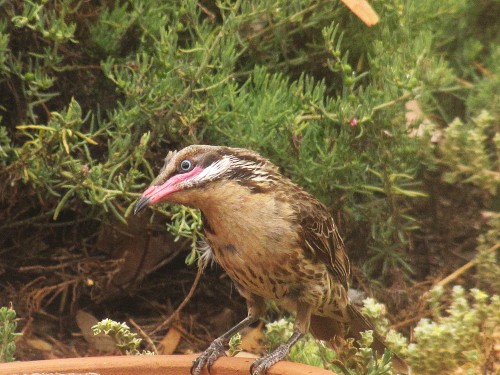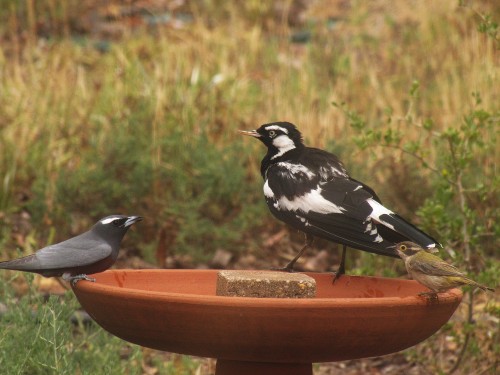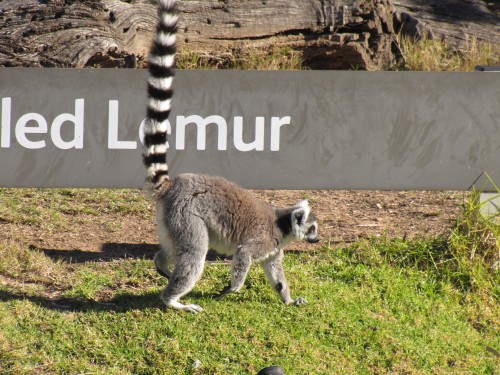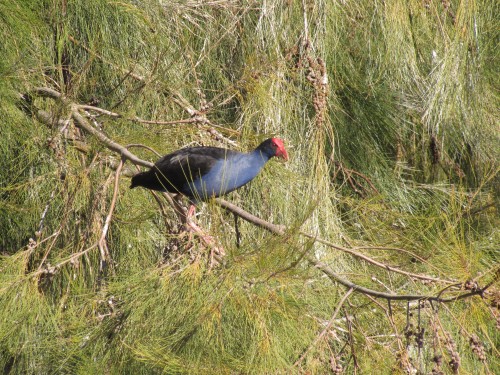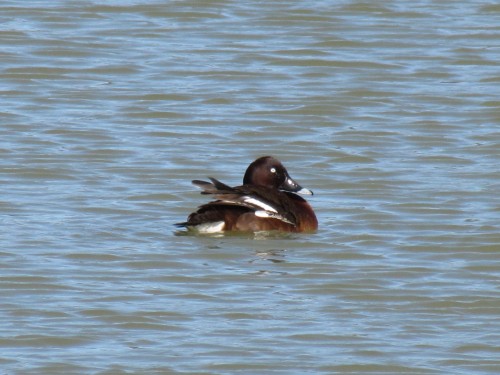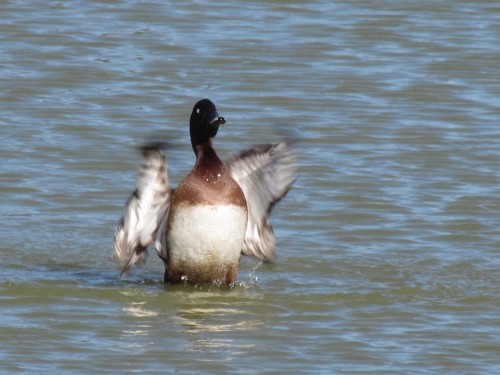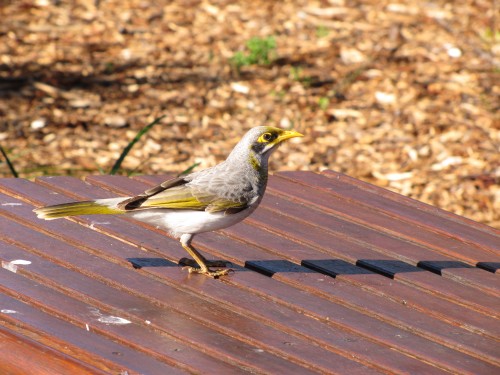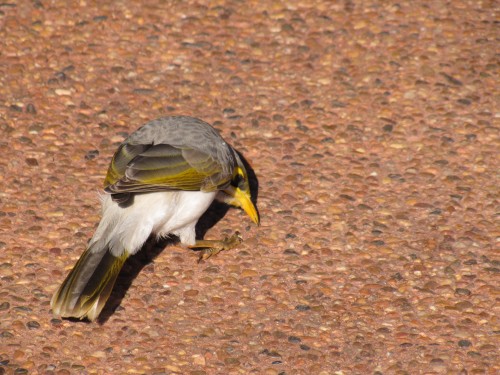Revised Birds SA website
I am a long term member of the South Australian Ornithological Association (SAOA), now better known as Birds SA. In fact, somewhere I have a certificate acknowledging 30 years of membership – or was it 35 years? I think it must have been the latter. Whatever.
Sadly, these days my back and various arthritic joints means I don’t get to go on any of their weekly excursions. I sadly don’t get to many of their monthly meetings either these days. It’s always an effort to drive for an hour to get there, and even harder to come home when I am tired.
Being a member I still get their interesting publications, a monthly newsletter and a journal which comes out about two or three times a year. They are always very interesting reading.
The association has had a web presence for some years know, but the website has recently been given a great overhaul. If you live in South Australia, or if you are a visitor to our lovely state, it is worth while having a look at the wealth of information contained on the site. It includes lists of places to visit in SA, along with lists of birds recorded at each place. It includes plenty of great photos as well.
Highly recommended.
Link: People with birds in South Australia
Good birding,
Trevor
Give the birds a treat for Christmas
Merry Christmas Everyone
I wish all of my readers a very merry and blessed Christmas, wherever you are.
I would be really pleased to get greetings from you – just use the “comments” section above.
Birds in the hot Australian sun:
Many parts of Australia are in the grips of an early, very hot summer, and this is especially so here in South Australia. Our capital city of Adelaide last week had a record December heatwave for over a hundred years with a string of 4 days over 40C. Yesterday was another very hot day at around 37C and today, Christmas Day, the forecast is for 38C. This will make it the hottest Christmas Day since 1945.
During hot conditions like these our birds suffer terribly. All of my Australian readers – and readers everywhere suffering in the hot, summer sun – I would like to encourage to buy a bird bath for their garden. Even putting a few old bowls or dishes of water around the garden is better than nothing.
We have had three bird baths strategically placed in our garden for many years. These have been placed so that we can watch from the room which we use the most. Many of the photos which I have used on this site were taken from that room, including that of a Spiny-cheeked Honeyeater shown above, and taken in the heatwave last week..
Two days ago our daughter arrived home for the Christmas break and doubled our number of bird baths. Our children have given us three new bird baths. I hope this doubles the number of photos I can take!
I hope that you have a great Christmas and a wonderful New Year.
Trevor
Further reading:
- Spiny-cheeked honeyeater on a hot day
- Make room for me – White-winged Choughs get a little crowded at the bird bath
- Time for a bath – a list of bird and non-bird visitors to our bird baths
A swamphen and some lemurs
Over the last few weeks I have been sharing photos of some of the birds I saw while visiting the Western Plains Zoo in Dubbo, NSW. On another occasion I commented that all of the birds seen in the zoo are actually birds that are free and not part of the exhibits. I also commented that many of these birds have adapted to the feeding times of the various animals – a free feed, so to speak.
The Purple Swamphen (see photo below) is one such bird. It was skulking around, perched on a flimsy branch of a tree, waiting for the Ring-tailed Lemurs (see photo above) to finish eating their dinner.
Hardhead ducks at Dubbo
Over recent days I have written about and showed photos of the various birds seen on a visit to the Western Plains Zoo near Dubbo, NSW. All of these birds were actually naturally occurring species; none of them were a part of the actual species on display. The wild birds knew how to benefit from the facilities – like the artificial lake near the visitor centre shown above. They also are quick to feed on any unused food put out for the animals.
Today’s post features to Hardhead – also known as the White-eyed Duck. It is found throughout much of Australia in suitable habitat, such as lakes, swamps, large bodies of water, ornamental lakes and even brackish coastal swamps. It is rare in the drier parts of the interior. Although I have only see this species in small numbers, the field guides suggest that it is occasionally seen in large groups numbering in the thousands. It is often dispersive, moving to areas after good rain.
Further reading:
- White-eyed Duck or Hardhead – together with some comments on the possible origins of the name.
Cheeky Miner birds at Dubbo
One of the things I noticed on our visit to the Western Plains Zoo in Dubbo was the number of honeyeaters. The zoo enclosures and the road visitors take on their tour feature many local plants, especially eucalypts. A good number of these are flowering at any one time and this attracts the nectivorous birds such as honeyeaters.
One of the honeyeater species which came up close and personal was the Yellow-throated Miner. One of them is featured in today’s photos. We treated ourselves to an ice-cream from the visitor centre and sat in the picnic area nearby to enjoy our treat. This miner came up really close, checking out if we had any morsels to share with it. The close proximity of the bird made photography easy.
Yellow-throated Miners are found over much of Australia except for the wetter eastern and southern coastal regions and Tasmania. A similar species is the Noisy Miner.
Further reading:
- Time for a sweet break – another photo of a Miner at the zoo
- Noisy Miner Murray Bridge
- Great birding moments
- Miners v Mynas
